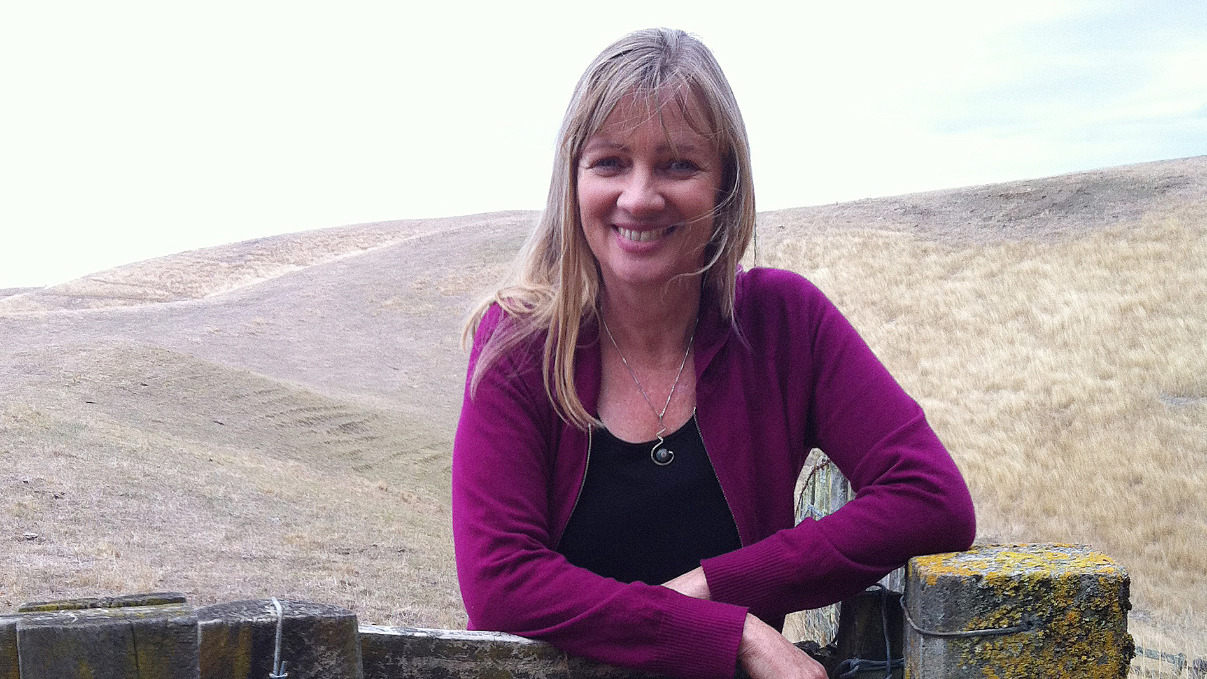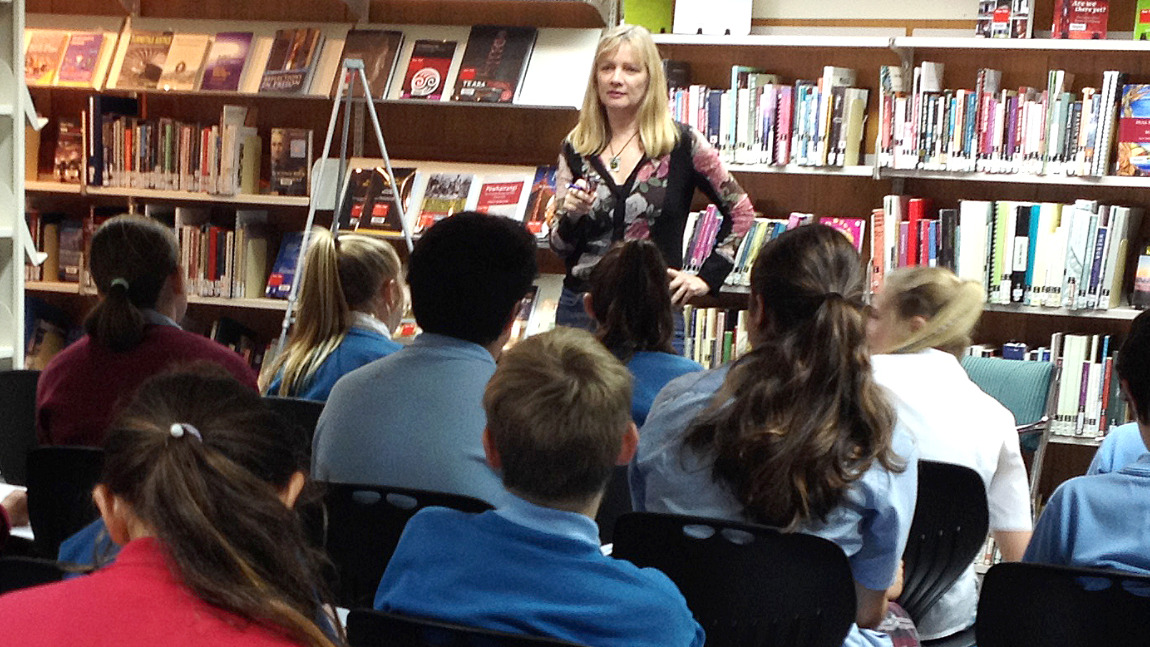Novelist Anna Mackenzie reveals a few truths about teaching, teens and the failings of the school curriculum, and explains why teaching creative writing is so important to her.

According to perceived wisdom, achievement at the highest level requires absolute focus on core business. My core business is writing fiction. But – revelation one – I don’t stick with core business. In the financially fraught arts world of irregular and unpredictable income, who can afford to? But that’s not why I teach creative writing.
Writing is about people; about exploring and dissecting and understanding who we are. Or about making people laugh. Or cry. Or… okay, it’s complex. But, while we might write for various reasons, if we’re serious about writing as a career we write for an audience. Which would seem to present an uneasy dichotomy between purpose and reality: even though we write for others, we tend to write alone, both physically and within the loneliness of our own heads.
Writing is about people; about exploring and dissecting and understanding who we are.
Given all that, getting out of the office and away from the keyboard and in touch with the rest of humanity – or some small slice of it – is without doubt beneficial to both our work and our souls. But that’s not why I teach.
Discussing the ins and outs of writing, the things that work and don’t, the things to avoid at all cost, the reasons why all writing is not equal, why some is more enjoyable, more intense, more heartwarming: all that can only be useful to our understanding of our own work, surely? Yup. And that’s not why I do it either.
Revelation two: I teach creative writing because I love it.
I teach creative writing because I love it.
I teach across all age groups. I like teaching adults; I like their focus and the challenge of meeting the needs of the incredibly varied groups you find yourself faced with. I like the results you can achieve, the feedback you get, the occasional published outcome that results. Teaching adults is rewarding – but even more rewarding is teaching teens.
I love the eagerness they bring to a class, their openness to learning and the ‘aha’ moments. I like the shy, geeky kids (shades of me as an adolescent) and the feisty, argumentative ones (shades of me as an adolescent). I like surprising the kids who start out disengaged, capturing their attention and showing them just how much they can achieve. The stories teenagers come up with run from cute and endearing to dark and tragic, traversing all points between. Sometimes you get mundane. Sometimes you get outstanding. Now and then you get a nugget of truth, raw and rare, that casts fresh light on the things we think we know. Those moments, those stories, those young writers, make taking time out to teach an undeniable pleasure. Even if it does mean my own work gets pushed back another few days or weeks.
Now and then you get a nugget of truth, raw and rare, that casts fresh light on the things we think we know.
Am I putting up a case for writers to abandon their desks and rush into classrooms?
No. Because being able to write and being able to teach writing are very different skills. To teach well, you need to be more than familiar with your topic, more than competent at sharing it (and, let’s be honest, neither of those is a given). Easy enough to pick up a few workshop ideas and trot them out, but in my view that’s not enough. You need to be able to think on your feet, to respond to each group and individual. You need classroom management skills. You need stamina. As well – and this is the key – you need to enjoy doing it.

Revelation three: I really like teenagers. It saddens me when adults go on about ‘The Terrible Teens’ or when teachers diss their students en masse. Between hormones and social pressures and self-doubt, the transition into adulthood is neither easy nor linear (or, for that matter, inevitable: if you can’t immediately think of an example, try watching a spat between politicians).
In the current school curriculum, creative writing is one slim strand in an overstuffed English programme; an elective, not taught by all teachers or even by all schools. At the same time, subjects such as sculpture, dance, photography can be studied for a year or two or three. Most taking them won’t pursue them as a career, they’re simply exploring, enjoying, learning to push their abilities. Kids who enjoy creative writing don’t often get that chance (kind of odd when, of all the arts, writing is the one that most people will use, in some guise or other, for the duration).
In the current school curriculum, creative writing is one slim strand in an overstuffed English programme…
Occasionally a motivated teacher will develop an extracurricular programme but, school budgets and priorities being what they are, such initiatives are rare. The Book Council’s excellent Writers in Schools programme has provision for workshops as well as author talks, but they’re unavoidably one-offs and brief. Private education trusts (bless their cotton socks) fund some of the extension writing programmes I teach. But for most budding young writers, the opportunities are thin on the ground. And that, too, is why I teach teens.
Because I want kids to have the opportunity to find their written voices, to enjoy what they can produce, to cultivate skills that will be useful throughout their lives. And, perhaps, to discover whether writing will, just maybe, be a part of their future core business.
Editors’ note: The Reckoning is a regular column where children’s literature experts air their thoughts, views and grievances. They’re not necessarily the views of the editors or our readers. We would love to hear your response to any of The Reckonings – join in the discussion over on Facebook.
Anna Mackenzie
Anna Mackenzie writes historic, contemporary and speculative fiction for readers aged nine to ninety, teaches creative writing, edits magazines, and has recently discovered power tools. You can find her at annamackenzieauthor.com
Anna’s most recent book for Young Adults is Evie’s War (Penguin, 2015).



